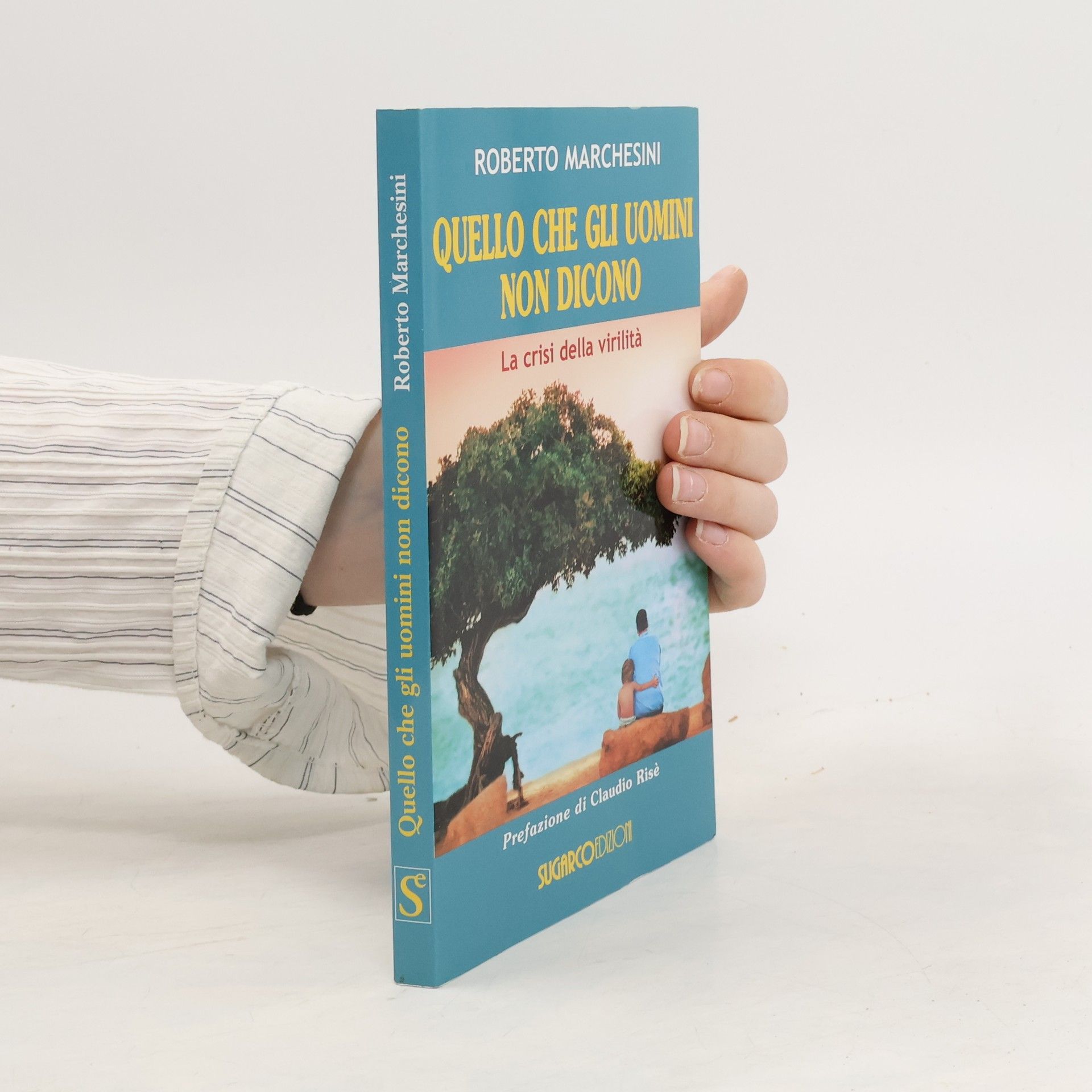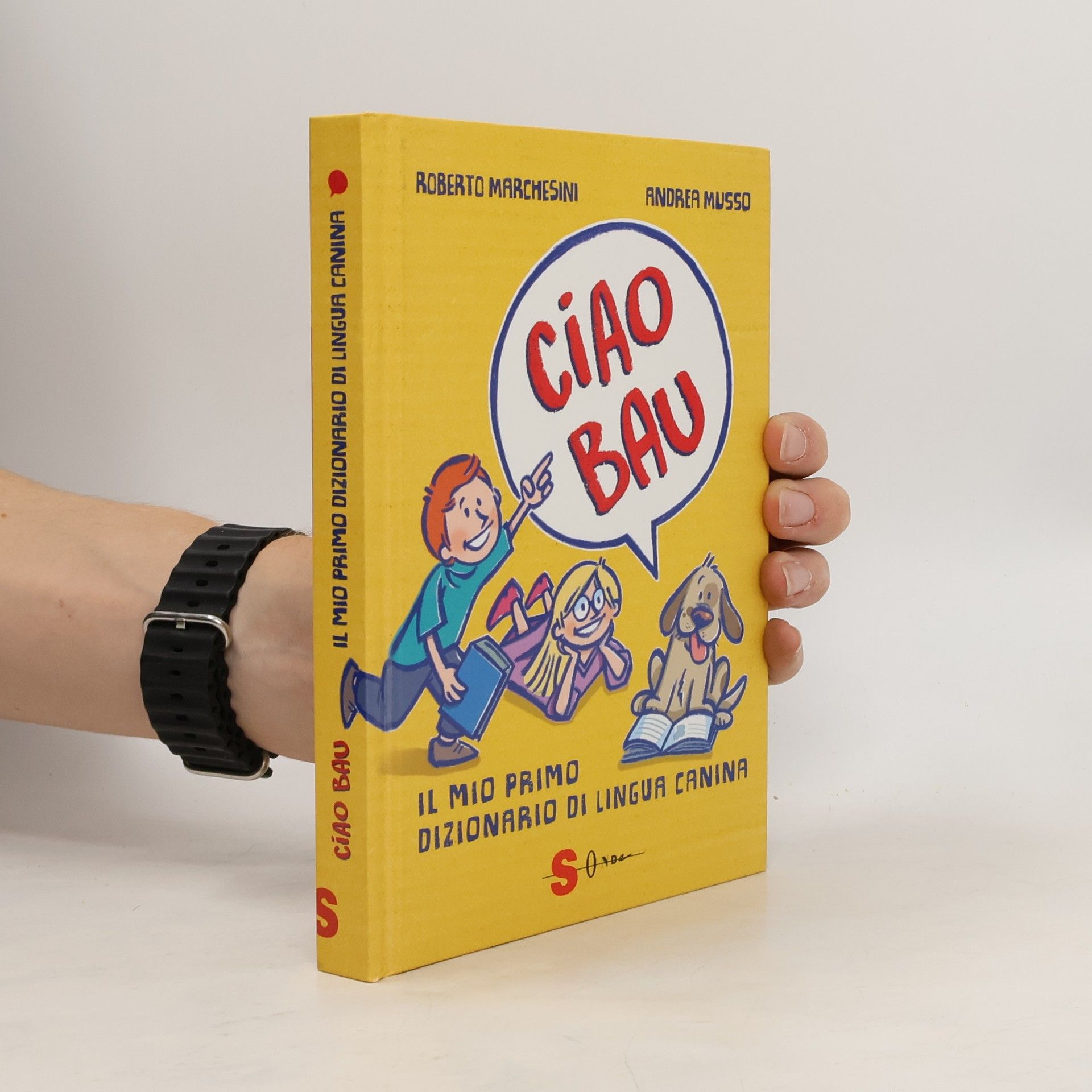Focusing on the relationship between technology and the biosphere, this book explores posthumanism as a vital framework for understanding the complexities of the twenty-first century. It examines new forms of citizenship and identity while distinguishing posthumanism from other contemporary theories. Through its analysis, the text aims to clarify the foundational elements that define posthumanism, making it an essential resource for those interested in the evolving interplay between humanity and technology.
Roberto Marchesini Knihy
Roberto Marchesini je taliansky filozof, etológ a esejista. Jadrom jeho filozofického návrhu – ktorý možno, hoci s vlastnými charakteristikami, zaradiť do širšieho prúdu posthumanizmu – je odhalenie perspektívnej omylu, ktorý stavia človeka do stredu a meria ho svojimi predikátmi.






Critical Ethology and Post-Anthropocentric Ethics
Beyond the Separation between Humanities and Life Sciences
- 284 stránok
- 10 hodin čítania
Focusing on the integration of humanities and life sciences, this book addresses the need for a unified approach to tackle contemporary social issues. It explores the implications of recent findings in behavioral sciences, advocating for a "critical ethology" that challenges traditional dichotomies between nature and culture, as well as human and animal distinctions. The authors critique speciesism and determinism, emphasizing the necessity for an education system that fosters interdisciplinary skills essential for addressing modern societal complexities and encouraging critical self-reflection in humanity.
In recent years, the word 'virus' has lost its biological perimeter of reference to acquire a much broader - could say 'paradigmatic' - meaning. This Element aims to shed light on how virality has become the most powerful metaphor available to describe very different phenomena.
Tra i tanti fenomeni emergenti di questi ultimi anni c’è sicuramente la crisi dell’uomo, inteso come maschio. È debole, stanco, demotivato, passivo, solo. E triste. Alcuni uomini sono depressi, insicuri, ansiosi; sperimentano un senso di inadeguatezza sia in famiglia che sul lavoro, che con gli altri uomini. Hanno una scarsa autostima e poca fiducia in sé e nelle proprie capacità; si sentono timidi, paurosi, deboli. Le ricerche dicono che aumenta l’impotenza maschile, l’ansia da prestazione sessuale, l’infertilità maschile e rilevano persino una graduale riduzione del desiderio sessuale e del livello di testosterone, l’ormone maschile. È una crisi di virilità. Intesa come disponibilità a rischiare la vita per salvarla, per salvare l’onore (cioè la dignità umana), per la fedeltà ai propri valori; intesa come assertività, coraggio, fortezza. La crisi della virilità è per l’uomo una crisi d’identità: egli non sa più chi è, come è, come dovrebbe essere e come lo vogliono gli altri. Ci prova, ad accontentare tutti, ma non funziona: sembra che nessuno sia contento di lui. E questo lo fa soffrire. È una crisi inedita nella storia dell’umanità. Non è mai accaduto che così tante persone restassero senza risposta davanti agli interrogativi: «Chi sono? Qual è il mio ruolo? Qual è il mio posto nel mondo?».
Fondamenti di zooantropologia
- 715 stránok
- 26 hodin čítania
Il canile come presidio zooantropologico
- 344 stránok
- 13 hodin čítania
Sinossi Il canile rappresenta oggi uno dei nodi cruciali del rapporto uomo-animale, e fino ad oggi è stato affrontato essenzialmente con un approccio sanitario e/o protezionista. Il canile che qui viene presentato ha poco da condividere con la visione tradizionale dove ci si riferisce al cane come entità da ospitare e basta: nel testo viene presentato il canile stesso come struttura formativa e educativa. Volume indispensabile per veterinari, educatori cinofili, addestratori e per tutte le persone sensibili ad un problema sempre più sentito nella nostra società.
